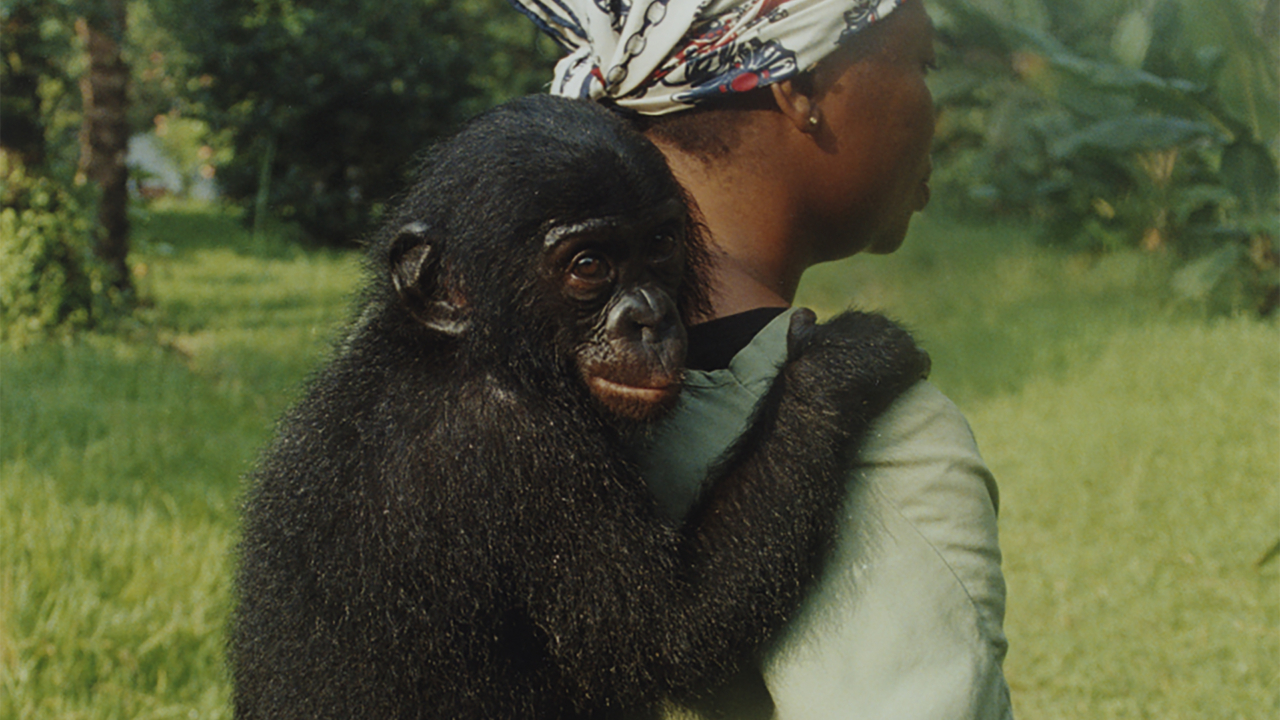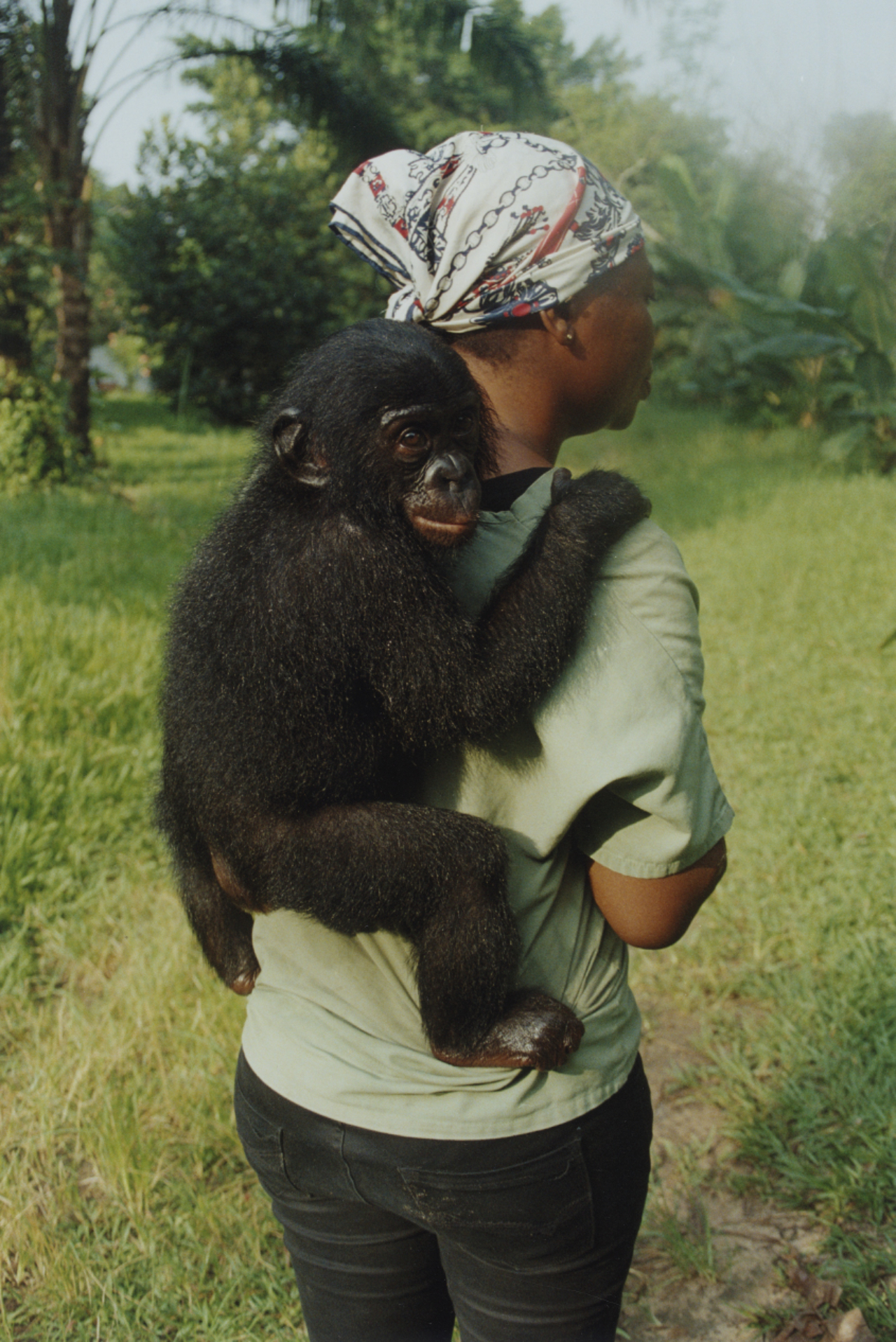

words by willow defebaugh
photograph by philip-daniel ducasse
“We have to learn that our lives were never meant to be lived individually. Instead, we were meant to exist in a state of tightly woven kinship that enables us to harmonize our movements and enter into the universal flow that carries all life forward.”
—Sherri Mitchell Weh’na Ha’mu Kwasset
On a too-warm morning in January, I arrived at a café in Brooklyn for a meeting. I found my companions already deep in conversation about what one of them framed as the four essential questions of philosophy: Who am I, where do I come from, what is my purpose, and where am I going? These queries have been on my mind ever since, including as we finished our newest issue, which in many ways seeks to answer them.
Atmos Volume 09: Kinship surveys family, biodiversity, symbiosis, and conservation—a collection of stories that remind us that we exist in a web of relationships. While it has branched out in many directions, the tree of life ties all organisms together. In order to minimize the ecological crises and biodiversity loss we are experiencing around the planet, we will need to embrace holistic wisdom and shift from an anthropocentric worldview to one that elevates all human and nonhuman life to a place of equal importance.
This is a core tenet of spiritual ecology, as discussed by four scholars of the subject in “The Soul of the Earth.” As Mary Evelyn Tucker of the Yale Forum on Religion and Ecology writes in the story’s introduction: “So we hold to the promise of new and ancient sensibilities arising…Will these aspects of cosmological and ecological spiritualities be sufficient to sustain us in these chaotic times? The yearning is clear, the hunger is great, a transformation is still possible. But it will require a massive infusion of spiritual energy to break through.”
There can be no conversation about kinship without those who have long been honoring it. In “Kincentric Circles,” author Sherri Mitchell Weh’na Ha’mu Kwasset offers a treatise on this theme from an Indigenous perspective. “Lifeblood of the Amazon” follows Kichwa sisters Nina and Helena Gualinga and fellow young activists fighting to preserve their forest home. And in “A Web of Lives,” Atmos Contributing Editor Ruth H. Burns spins a story about Iktomi, spider-god of the Oceti Sakowin people—and the threads of wisdom he can offer us.
As many stories in this issue demonstrate, our sense of kinship must extend to the nonhuman world. In “The Best and Worst of Us,” Atmos Climate Editor Jason P. Dinh explores what we can learn from our closest evolutionary relatives, chimpanzees and bonobos. “Safe Haven” races the outbreak of the avian flu in the far reaches of South Georgia Island, the latest case of a larger breakdown in interspecies relationships. And that extends to more than just animals: In “For the Love of Funga,” Atmos Print Editor Whitney Bauck maps the neglect faced by fungi.
Of course, human families matter, too. “The Voice from the Mountains” follows a Sherpa and his grandfather, whose way of life is melting along with the glaciers. In “Trees of the Ages,” Atmos Culture Director Daphne Chouliaraki Milner explores her roots and the effect of climate change on olive-growing communities. In “Kith and Kin,” photographers around the world capture what family means to them. And in “Family Values,” fashion designer and animal rights activist Stella McCartney reflects on the values her parents passed to her, which now inform her work to protect her own childrens’ future. As she told me, “Everything I do is for when I’m not here anymore.”
Kinship extends across space and time, tethering us to both the past and future. Tradition and ritual serve as the bedrock of more than one story in this volume, including on the coastal communities in the Philippines (“We, the Archipelago”) and the Tibetan Plateau (“Between Earth and Sky”). And finally, in “Three Black Men,” writer Jazmine Hughes travels to Ghana with a triad of spiritual luminaries—Resmaa Menakem, Bayo Akomolafe, and Orland Bishop—on a pilgrimage that prompts questions about trauma, healing, and relatedness.
Who we are is human, and yet we are much more. We are multitudes of species working in tandem, ecosystems in and of ourselves and each other. Where we come from is the same tree of life that birthed all other species on Earth—all our human and nonhuman ancestors, our living and future relatives, each one of them worth saving. Perhaps our purpose today is to realize that and restore our sense of kinship with the world, so that where we are going can finally be home.
In Kinship: Introducing Atmos Volume 09